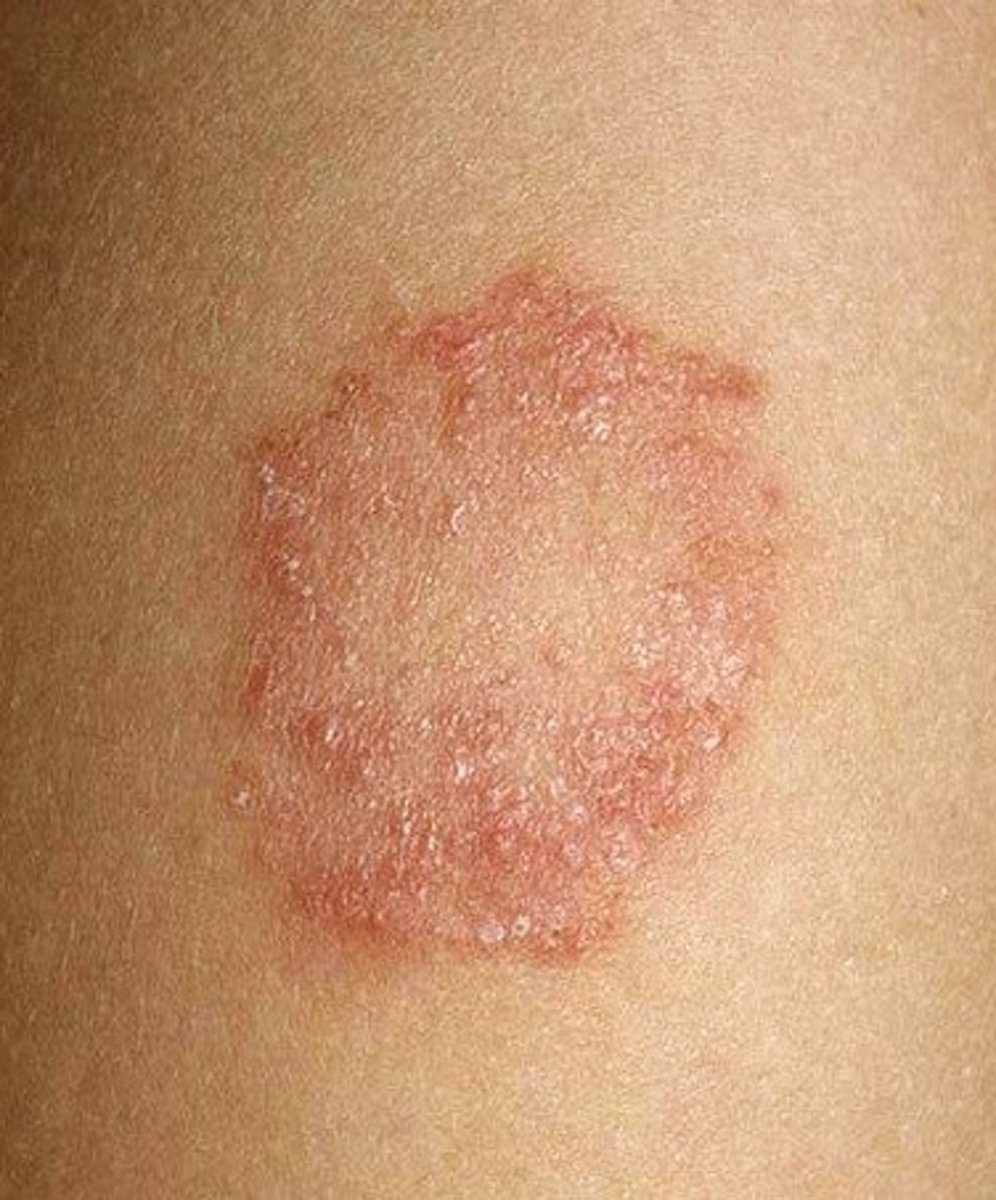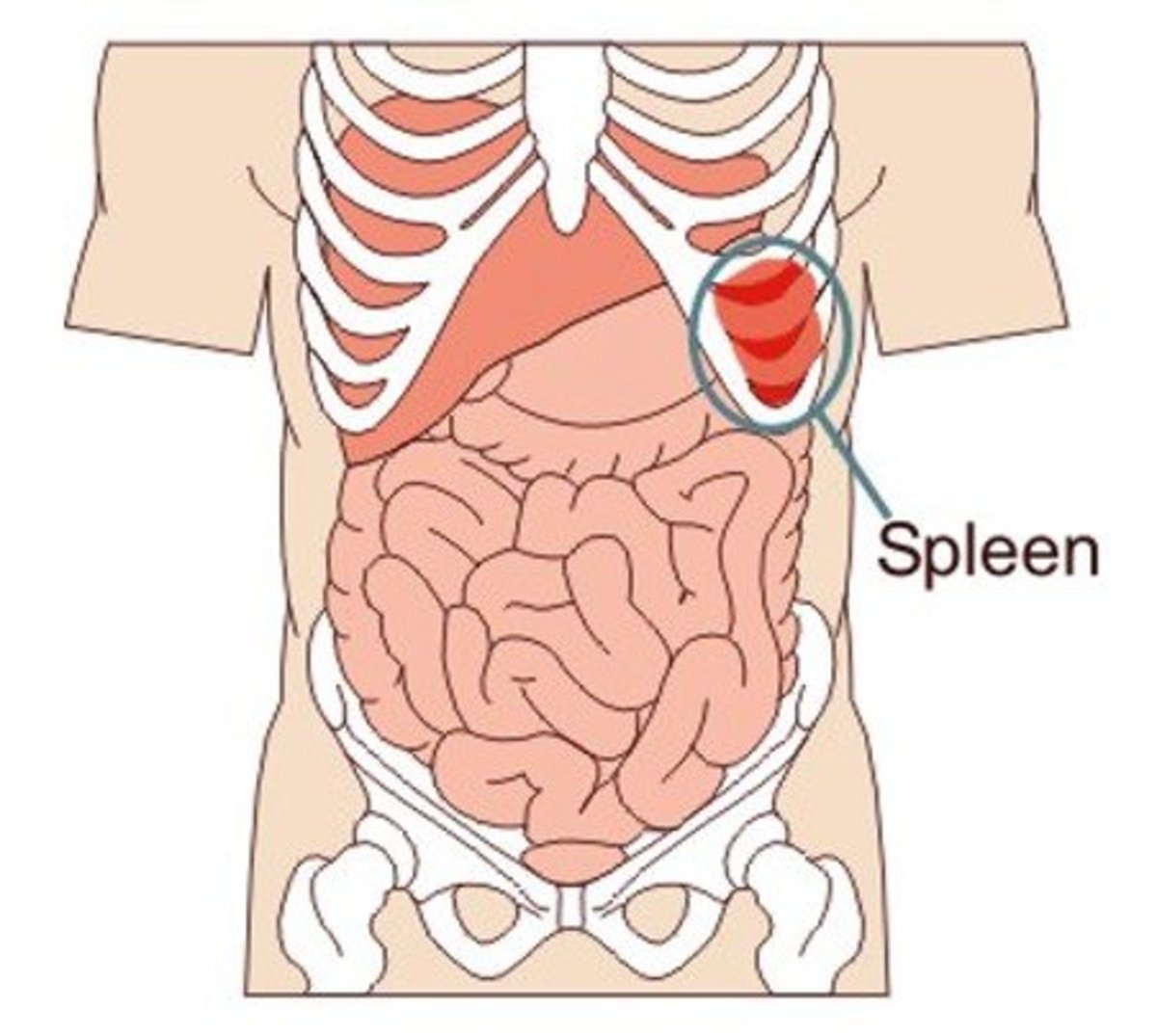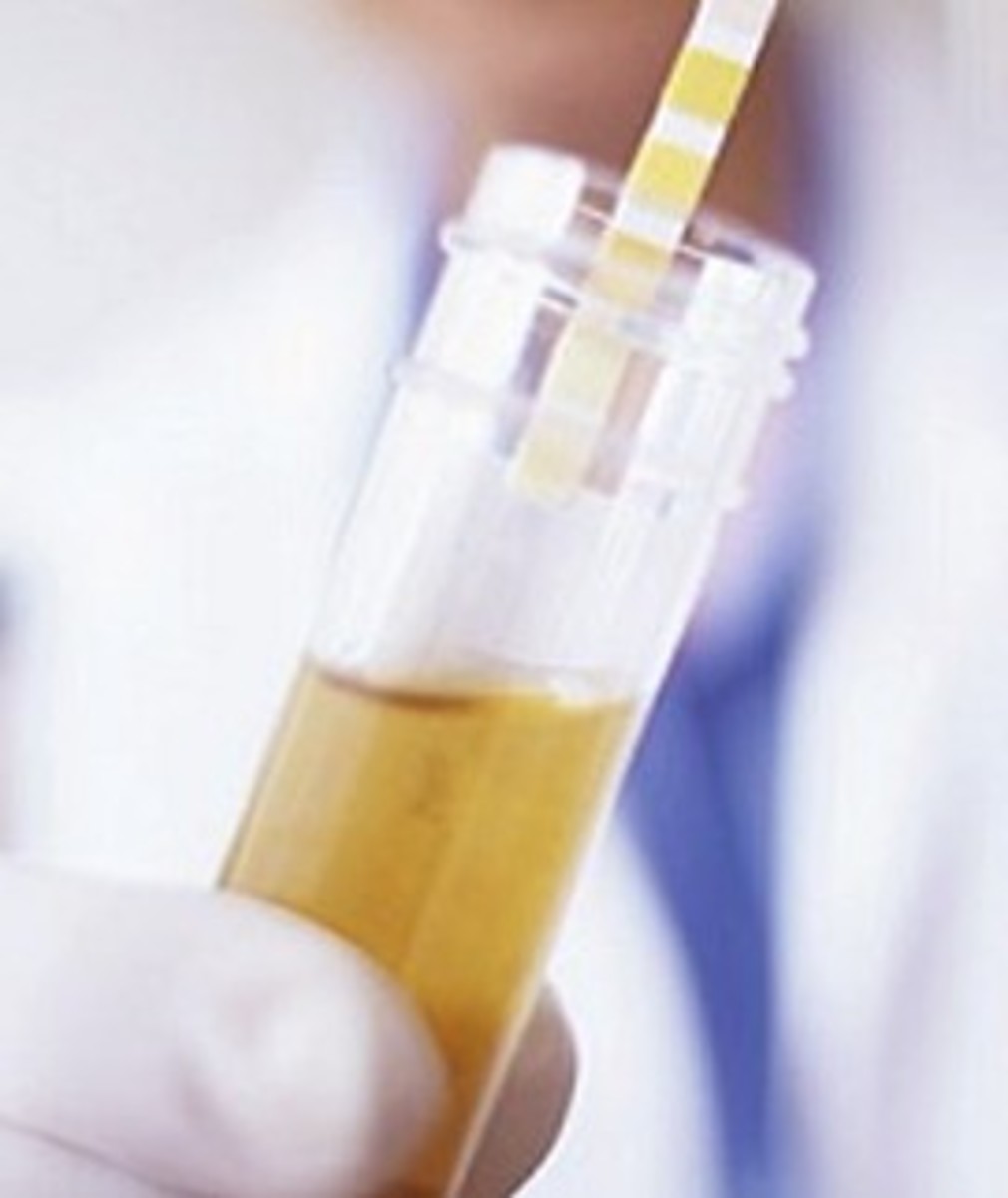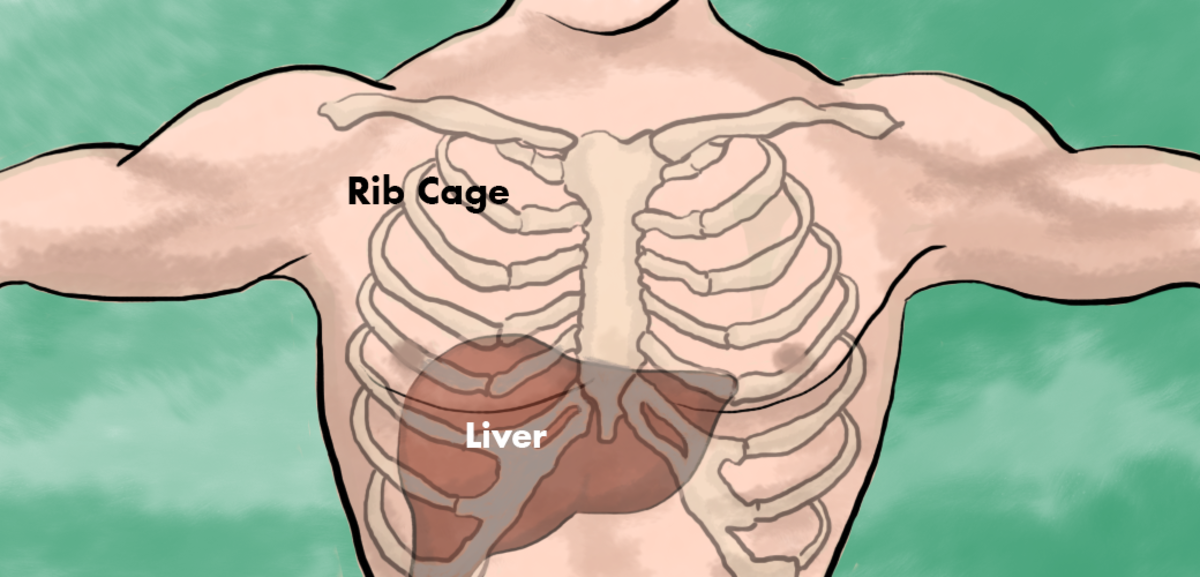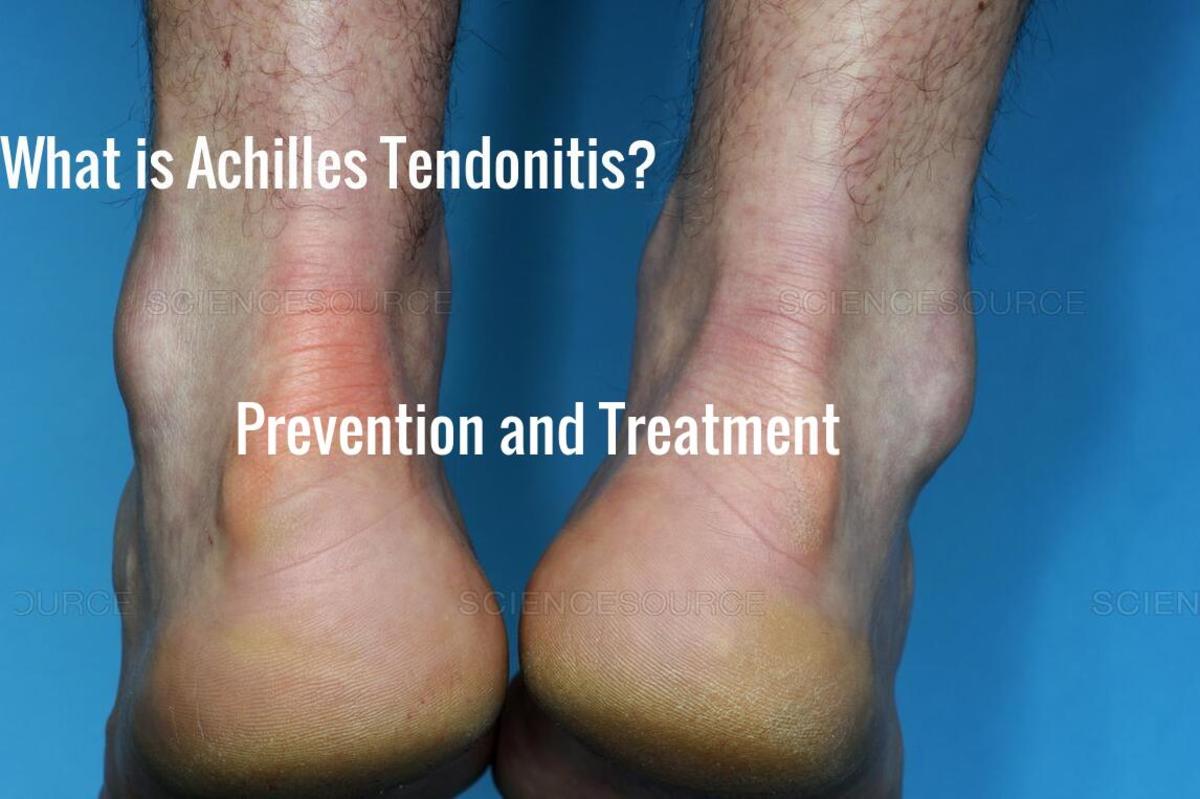How to Deal with Toxoplasmosis During Pregnancy : Causes Symptoms and Cure

What is Toxoplasmosis?
Toxoplasmosis is a disease that can be transmitted to humans through contact with animals (cats) or infected food (raw meat).
The Toxoplasma gondii is a protozoan belonging to the group of Apicomplexa and as such has a very developed apical complex. The toxoplasma finds an opening in the cell membrane and penetrates into the cell where it reproduces by feeding the cytoplasm.
The definitive host of this parasite is the cat (in which sexual reproduction takes place), while the intermediate host can be represented by many other warm-blooded animals such as birds, flies, worms or human. In humans, Toxoplasma is responsible for toxoplasmosis, an insidious disease that can cause miscarriages or mental retardation to the fetus.
Diagnosis
It is possible to diagnose toxoplasmosis through laboratory tests that detect microscopic parasites in the blood, spinal fluid, amniotic fluid, placenta, lymph nodes, bone marrow or other tissues in the body.
Sophisticated new genetic tests fail to identify the DNA containing genes of toxoplasmosis parasites after they have entered the body. These tests are useful mainly to test the amniotic fluid in the presence of congenital toxoplasmosis in a fetus, detectable through ultrasound. Both tests are unfortunately not accurate enough and may give false results.
Symptoms
Generally, symptoms of toxoplasmosis appear from a week to a month after infection. In many persons the disease is totally asymptomatic and is readily blocked by the immune system.
Toxoplasmosis is transmitted from animals to people, sometimes without causing any symptoms. In children, symptoms can vary according to the age and the immunity to the infection.
Toxoplasmosis infections in people can be of three types:
- congenital toxoplasmosis, in which a child becomes infected before birth,
- toxoplasmosis in healthy people(with the same symptoms that can be seen a pregnant woman),
- toxoplasmosis in patients with weakened immune systems
Congenital Toxoplasmosis : what are the chances of getting toxoplasmosis during pregnancy?
During pregnancy toxoplasmosis can be transmitted to the fetus through the placenta , causing, in certain circumstances, malformations or even abortion or death in the womb (if the fetus is infected in the first three weeks of pregnancy).
A woman who has toxoplasmosis before getting pregnant can rarely transmit the infection to the fetus because she, and consequently her baby will have developed immunity to infection.
Up to 90% of children born with congenital toxoplasmosis have no symptoms in early childhood, but a large percentage of them show signs of infection months or years later. The few who show clear signs of infection at birth, or shortly after, could be born prematurely and / or being underweight.
Other signs and symptoms, if they occur, can be:
- fever,
- swollen glands (lymph nodes),
- jaundice (yellowing skin and eyes due to abnormal levels of bilirubin chemistry of the liver),
- a head particularly large or small,
- rash,
- bruising or bleeding under the skin,
- anemia,
- enlarged spleen or liver,
Some children with congenital toxoplasmosis are also disorders of the brain and nervous system due to seizures, problems with muscle tone, feeding difficulties, hearing loss and mental retardation.
Finally, there is a high risk of eye damage, particularly to the retina that cause severe vision problems.
Toxoplasmosis in healthy patients
A healthy person who is infected with toxoplasmosis show above symptoms or swollen glands in the neck, with no particular consequences.
Toxoplasmosis in weak patients
Those who have a weak immune system(due to AIDS, cancer, or under therapy drugs taken after organ transplants) are in a state of high risk if infected with the protozoan.
Especially for people with AIDS, toxoplasmosis may cause toxoplasmic encephalitis (an inflammation of the brain) with symptoms such as:
- fever,
- attacks,
- migraine,
- psychosis,
- problems with vision, language, movements and proper thinking.
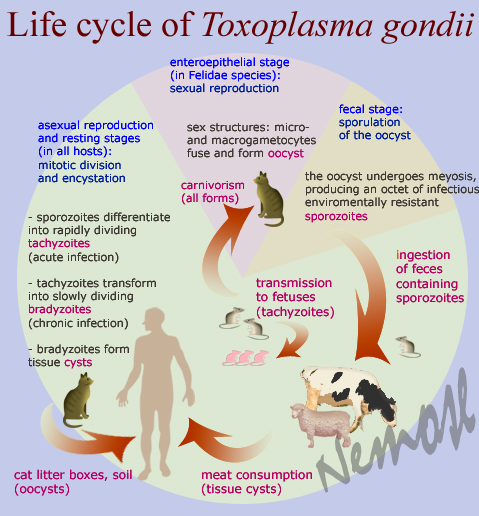
Causes
Its still pretty widely thought that the main cause of infection is the house cat. Toxoplasma is mainly contained in the feces of cats. If a cow eats this feces along with grass, it becomes a host for the parasite. When we eat its meat, it is passed on to us (if the meat is not properly cooked or cleaned.)
It can be more easily infected:
- eating contaminated meat raw or cooked well,
- eating raw food, unwashed fruit or vegetables that have been contaminated by manure,
Although infection usually does not spread from person to person, with the exception of pregnancy, in rare cases, toxoplasmosis can be transmitted through blood transfusions and organs donated for transplant.
Dangers
The greatest dangers are related to congenital toxoplasmosis and in all cases of less immunity .
Duration
Although the parasites are able to multiply in the host organism within a week, the symptoms can occur up to weeks or months after the contact with the protozoan.
In children with weak immune system, congenital toxoplasmosis can be fatal.
Care and Treatment
Research has shown that taking care of the mother can help reduce the severity of illness in the child, but not necessarily prevent it.
Children born with congenital toxoplasmosis are treated with a variety of anti-toxoplasmosis medicines, usually for the first year after birth.
In older healthy children. if serious infection with toxoplasmosis is found, treatment usually lasts from 4 to 6 weeks .
Children with weak immune system often need to be hospitalized for treating toxoplasmosis and those who have AIDS may need to take anti-toxoplasmosis for lifetime.
Prevention
To prevent toxoplasmosis, it is not necessary to get rid of cats from the house. Instead there are several preventive measures we can adopt.
Cook the meat well
- wash your hands with soap and water after handling raw food or unwashed vegetables
- Wash all fruits and vegetables before serving.
- Freeze the meat for a few days before cooking because it helps to reduce the likelihood of toxoplasmosis.
- Wash cutting boards, utensils and other kitchen surfaces (especially those that come in contact with raw meat) very well with hot soapy water after each use.
- If you are pregnant, let someone else change the catbox. If no one else can change the litter box, wear gloves when you do it and wash your hands thoroughly afterwards.
- Keep your cat always at home.
- Do not feed your cat raw meat.
- Stay away from stray cats.
- Put your gloves when you do gardening and wash your hands immediately after.
- Use of mosquito nets to prevent insects.(cat feces are a favorite haunt of flies and cockroaches, and mosquitoes could spread feces, and consequently toxoplasmosis, on food)
- Do not drink untreated water,
When to call your doctor
Call your doctor immediately if the patient:
- has already been treated for AIDS or cancer,
- Has weak immunity.
If you are pregnant and have a swollen gland, especially if you've been in contact with cats or you ate raw meat or uncooked meat, call your doctor immediately.

